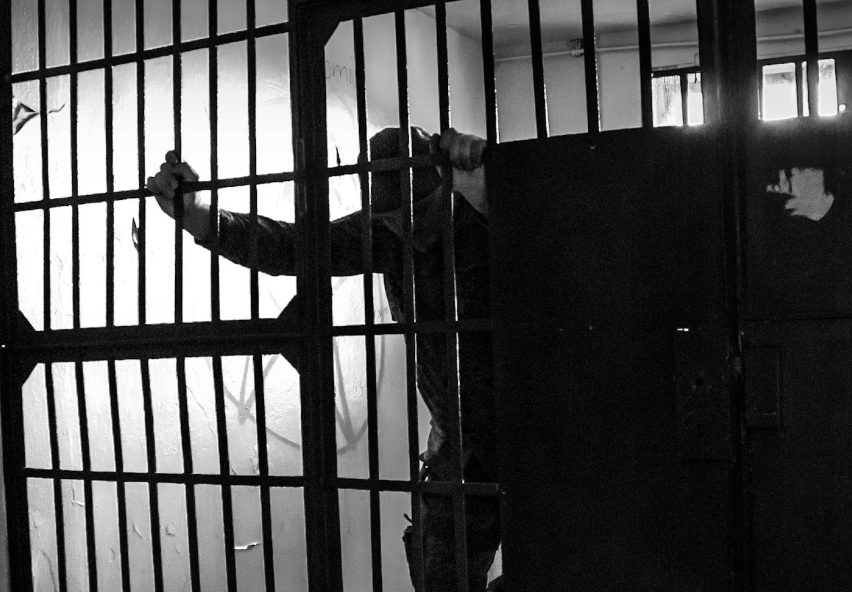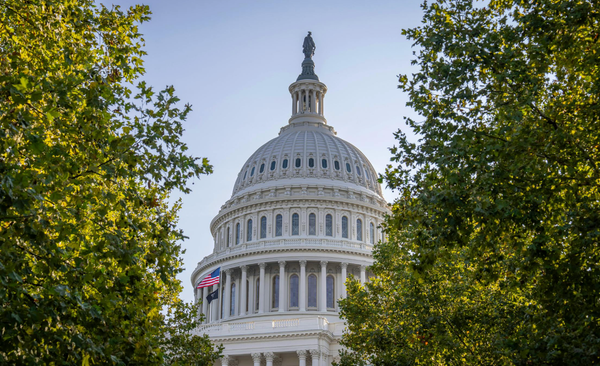Will Americans organize for all Immigrants, or just the "Good ones?"

Stop me if you've heard this story before. Some community member that's been working at a beloved food establishment for decades is taken by ICE in a sweeping raid. People in their community– maybe an American spouse, a neighbor, or a church friend – come out in droves with photos of their Christmas cards, family photos and other heartfelt keepsakes. The community shares anecdotes of generosity, hard work, rule-following members that have been detained for unknown periods of time.
It's a tragic story that repeats again and again, in Arizona and Maryland and Missouri. I'm sure that by the time that I hit post on this newsletter, it will have repeated again in other states.
My question and challenge to a lot of these communities is this: do you have empathy for the immigrants being detained in other states? Can you find it in yourself to understand that detention is this arbitrary? Or are you simply in it to save your "good" immigrant and go home?
As a naturalized immigrant myself, I'm not so sure people are willing to take the time and have the patience to think about their culpability in how things devolved to this moment. Whether intentionally or not, they fast-tracked the threats and danger that their friends now have to face every single day for the foreseeable future, whether they're undocumented, trying to find a path to citizenship or a green card holder steps away from naturalization. Take one of the neighbors of Carol Hui of Missouri, who escaped an abusive mother in Hong Kong to seek asylum:
In Carol’s corner of Missouri, where Trump won 80% of the vote, the community is faced with the dichotomy of supporting Carol, while also supporting Trump’s aggressive immigration agenda.
"I’m still behind Trump, however I don’t agree with what happened to Carol," a Kennett resident commented on Ramadani’s Facebook page.
Even her own attorney qualifies his remarks about criminal immigrants and law enforcement, saying:
"If we’re going to enforce our laws, we should do it in a compassionate and humane way," Bolourtchi continued. "There has to be a way that we can come to a solution that doesn’t break our neighborhoods, our communities."
ICE operates under a very strictly defined logic that immigrant crimes are somehow more damaging to the fabric of this country than those committed by American nationals. They als believe that immigrant existence is inherently threatening to security, and adjust their thresholds for operations accordingly. If someone who isn't born here murders someone, are there two bodies? If they commit tax fraud, is twice as much money lost? No. However, immigration law enforcement, now a grotesquely overfunded system, will make it so that immigrants appear to kill two people for every murder committed. Many senior politicians believe that immigrants are more prone to crime, regardless of statistics and community data proving the contrary.
At the community level, Trump and his ICE-led government may be winning that propaganda battle. So many communities are willing to carve out exceptions for their comforting immigrant neighbor, friends and lovers. The willingness to empathize vanishes when asked to think about similar cases in other states. Then the question becomes, "well, were they a criminal? Did they even try to come here legally? Were they behaving suspiciously, even if they were naturalized?" Outside of the local level towns, cities and counties where they are well known, a popular waitress or hair salon worker is just another face for ICE to get to stop taking American jobs, stop stealing American benefits, or other things nationalists are angry about. By and large, they do not know and do not care what contributions immigrants they don't know immediately have made. They do not care how servile, friendly, or religiously assimilationist that your favorite immigrant has become. Americans rooting for an ethnostate will not put in the time for people they do not care about already.
Though my position in the United States is further along in legalization as a naturalized American, I am well aware that this too is conditional. Denaturalization for the unpatriotic or those deemed to be a security concern is rising in popularity. Americans shrug at the idea of border agents checking for social media posts too negative about the United States. While things haven't been dire enough for naturalized people at the moment, legislators are chomping at the bit to try to denaturalize politicians they think are too pro-Palestine. When the time comes that an even wider swath of Americans are ripped from their communities, it's going to take a lot more than fond memories of immigrants serving you to make desperately needed changes in this country.



